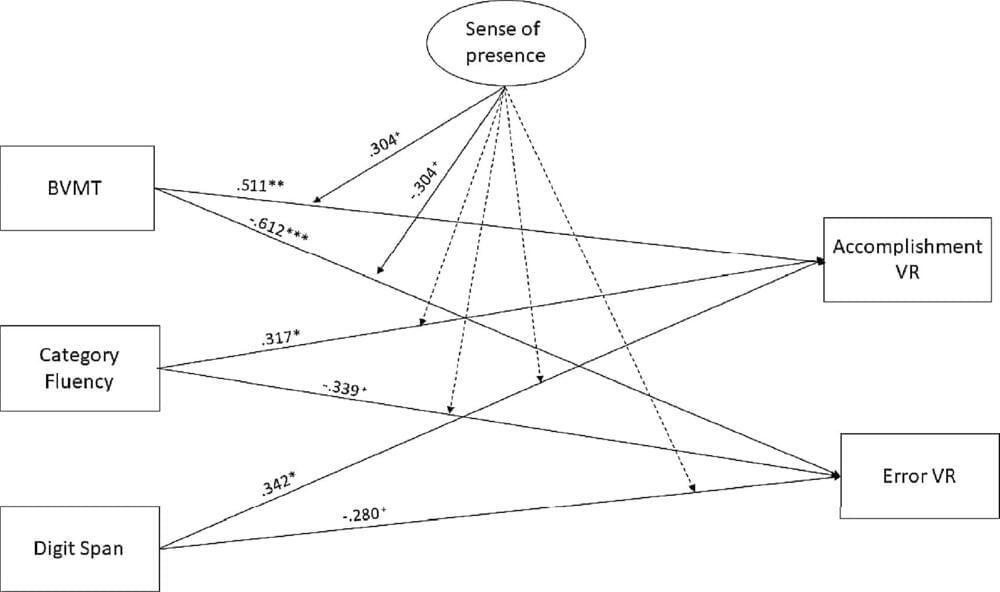A study published in Scientific Reports has shed light on the intricate relationship between the sense of presence in virtual reality (VR) environments and cognitive abilities. The study, titled “The role of sense of presence in expressing cognitive abilities in a virtual reality task: an initial validation study,” was conducted by a team of researchers coordinated by Dr. Andrea Chirico and marks a significant advancement in our understanding of how immersive technologies can influence cognitive functions.
The research team, which includes Prof. Antonio Giordano, Prof. Fabio Lucidi (Sapienza University of Rome), Dr. Luigi De Pietro (CNR ICAR, Italy), and others, set out to investigate the extent to which the sense of presence—the feeling of being “inside” a virtual environment —impacts an individual’s cognitive performance. By employing advanced VR technology and designing a range of tasks to test cognitive abilities, the researchers were able to gather valuable insights.
One of the key findings of the study is that a stronger sense of presence is positively correlated with enhanced cognitive abilities. Participants who reported a heightened feeling of presence in the virtual tasks demonstrated improved performance in various cognitive domains. These domains include memory, attention, problem-solving, and decision-making.
